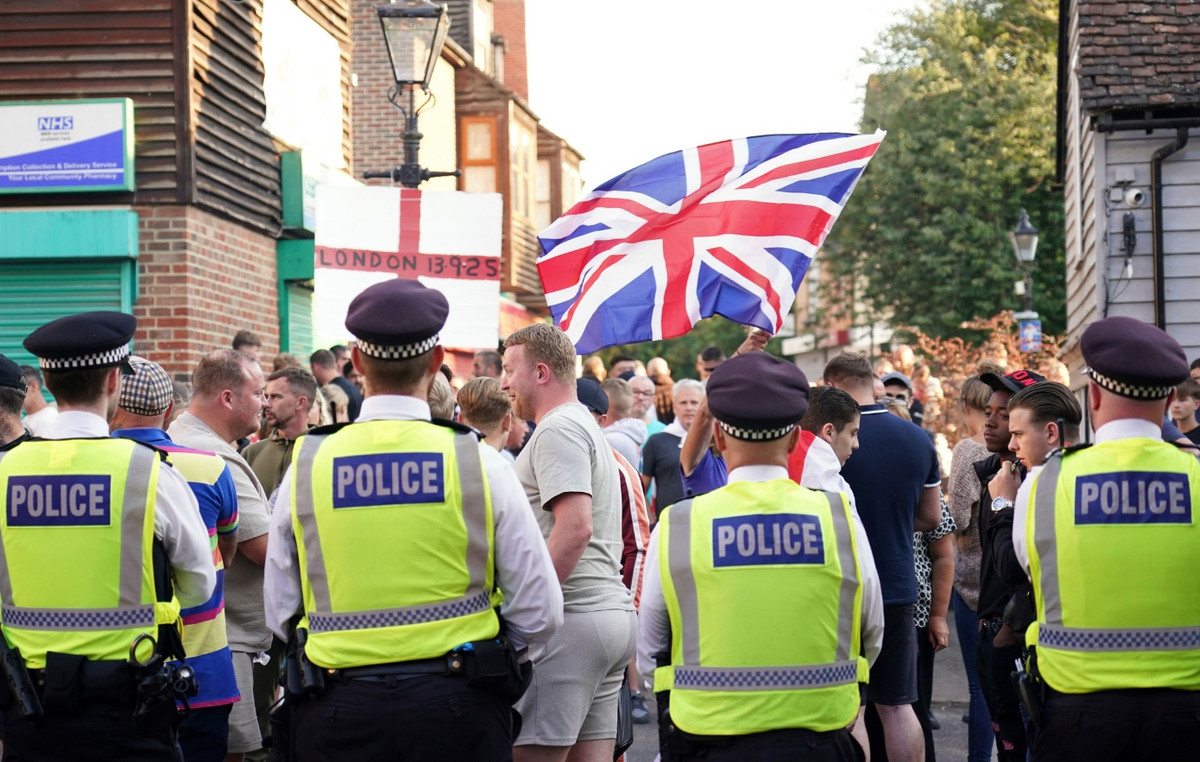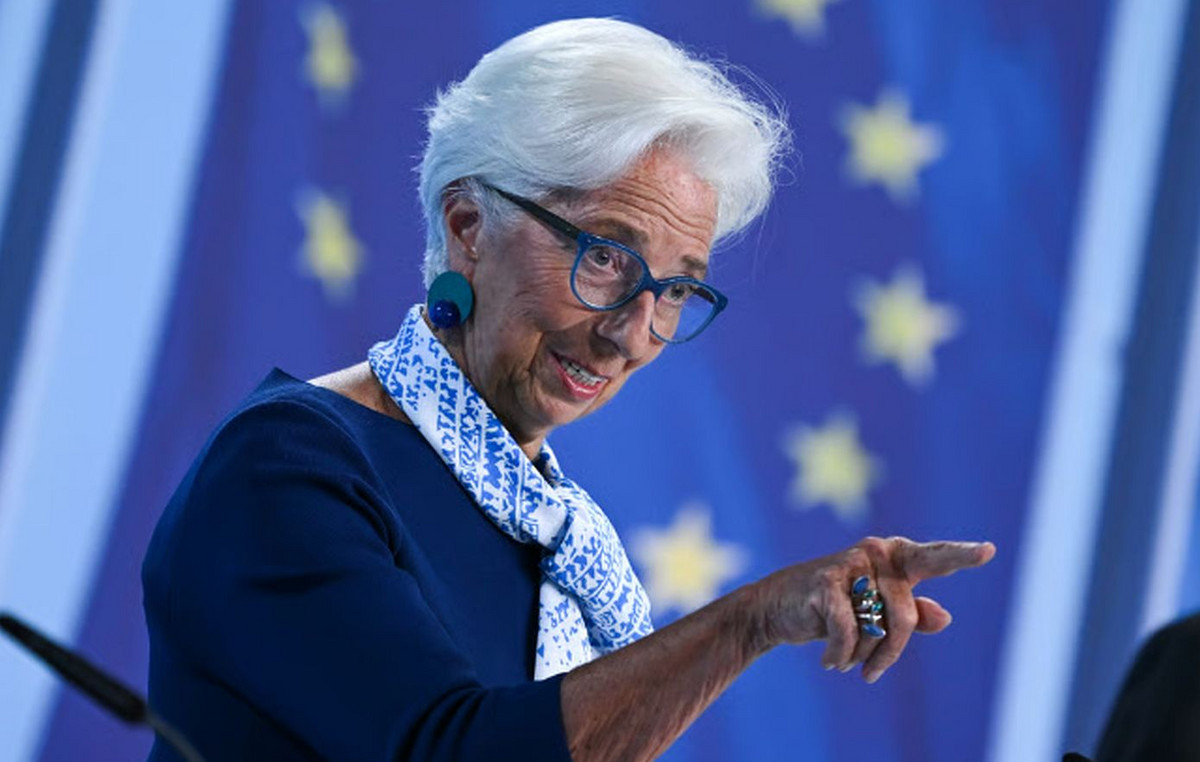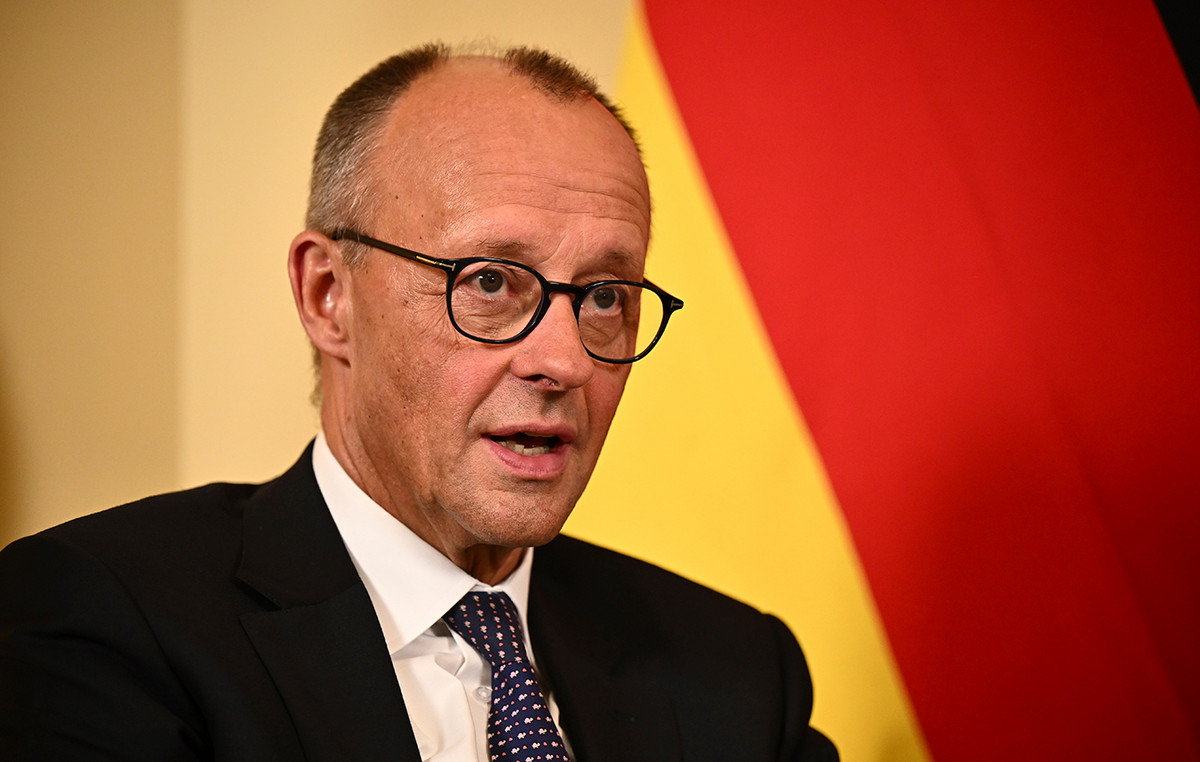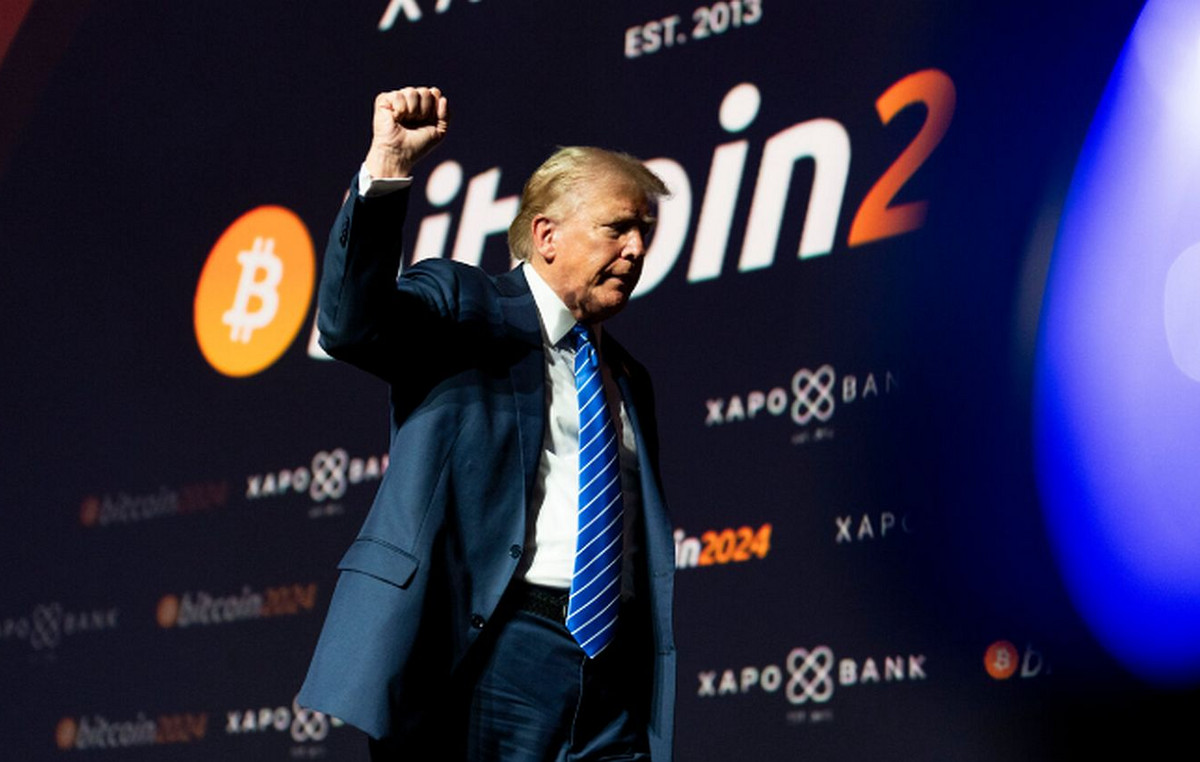Brazil has already applied 376,455,401 million doses of the Covid-19 vaccine and is now the fourth country that distributed the most doses of immunizations, behind China, India and the United States. However, there is a considerable difference between the proportion of people who took the first and second doses and those who took the booster dose.
According to a survey carried out by CNN Agencyuntil the night of last Tuesday (15) had already been applied 169,929,383 first doses of the vaccine (79.1% of the population), 152,431,223 second doses (70.96%), and 57,073,4335 booster doses (26.57%).
At a time when states are discussing the expansion of the public that should receive the fourth dose of the vaccine, the Ministry of Health, recalls that, even more fundamental, is to advance in the booster dose.
“That’s what will make the difference. Brazil has a coverage of around 30% of booster doses, an index that we need to expand”, said the Minister of Health, Marcelo Queiroga, at a press conference on Thursday (10).
To understand the scenario of reinforcement in Brazil, the CNN talked to three experts on the subject.
Importance of taking the booster dose
THE CNNinfectious disease specialist and epidemiologist Luana Araújo said that the booster dose is essential so that the protection offered by the vaccination schedule, especially against severe cases and deaths at this time of dominance of Ômicron, is maintained at high levels.
“While we have an exacerbated viral circulation, protection needs to be strengthened with the use of various tools and the booster dose is one of them”, he says.
A study by British researchers points out that any immunizing agent works as an extra booster. In addition, research has shown that the longer the interval between the initial vaccine and the booster dose, the stronger the immune response.
In December 2021, the Ministry of Health announced the reduction of the booster dose interval from five to four months.
To the CNNepidemiologist Diego Xavier, researcher at Fiocruz’s Covid-19 Observatory, explained that the booster dose confers longer-lasting immunity, especially against the Ômicron variant.
The infectious disease specialist and professor at the Bahia School of Medicine and Public Health (EBMSP), Robson Reis, spoke to CNN that the complete vaccine cycle is extremely important to stop the emergence of new variants.
“The risk of the emergence of new variants in places with low vaccination coverage ends up being very high”, he comments.
Jarbas Barbosa, deputy director of PAHO/WHO (Pan American Health Organization, an arm of the World Health Organization), said in an interview with CNN that as long as we leave continents and countries with very low vaccination coverage, the virus circulating unchecked, this can lead to the emergence of new variants.
Reis highlights that this will only happen when there is “a division, a more equitable distribution of vaccines.”
Vaccine application by state
Taking into account the states of Brazil and the Federal District, the application of the booster dose of the vaccine presents inequalities.
According to the survey of CNNwhile São Paulo vaccinated 39.29% of its population with booster doses, Acre immunized 11.66% of people with the extra dose.
Xavier comments that there is some resistance to taking the booster dose. The Fiocruz researcher points out two reasons for this.
“The first is the feeling that people are having of a certain ‘normality’, whether due to the resumption of some activities, or in the confidence of immunization with just two doses. The second reason is directly related to the high volume of infections by the non-severe Omicron variant. Many did not take the booster because they were infected and with that they believe in the immunity generated by the infection and did not return to the booster dose,” he said.
Luana Araújo points out other reasons: the lack of information and crisis management.
The epidemiologist says that there is nothing new in multiple doses of immunizations in Brazil. “We have multiple vaccination schedules such as those for hepatitis B and tetanus. Each has its reason for involving multiple doses. Therefore, Covid-19 does not bring anything shocking. But if people are not informed in the right way and as long as malicious misinformation is not punished for it, populations will remain vulnerable,” she warns.
The data of CNN Agency also show that in addition to Alagoas, two Brazilian states have a booster dose below 10%: Amapá (7.19%) and Roraima (6.61%).
Reis says that it is more important at the moment that there is an expansion of the booster dose in Brazil than discussion for a fourth dose in the general population.
According to the EBMSP professor, “the booster dose ends up being extremely important for most of the population. The fourth dose is important, but in a way, for a more specific audience. Thinking about the collective, focusing on the booster dose is a better strategy”, he says.
Luana believes that both policies [dose de reforço e quarta dose] must be conducted in parallel.
“While we increase the coverage of the booster dose, we need to offer the fourth one to those who benefit from it. The population benefiting from the fourth dose is very small and, therefore, does not compromise the application of any other doses. But it is critical that it is available to those who need it,” he says.
Booster dose provides protection against variants
Luana explains that with the progression of the pandemic and the biological evolution of the virus, today, the consensus is that the basic regimen for adults is 3 doses (2 + booster) or 2 doses (Janssen + booster).
According to the epidemiologist, “schemes with fewer doses are insufficient to sufficiently protect individuals from the severe course of the disease and, in addition, they maintain viral circulation at inappropriately high levels, which favors the emergence of new variants whose behavior we cannot predict”, highlights.
Three US Centers for Disease Control and Prevention (CDC) studies have found that the booster dose offers protection against Omicron.
Analyzes showed that the booster was 90% effective in preventing hospitalizations during a period between December and January — in comparison, getting two doses was 57% effective in the period after at least six months of the second injection.
The Fiocruz researcher explains that vaccines are still under development and will possibly adapt to the variants.
“At the moment, we must use the available ones and the available studies point to protection against the variants in circulation, especially with the booster. Regardless of sublines or variants, vaccination and non-pharmacological care must be combined to avoid an increase in cases”, says Xavier, from Fiocruz.
Since the classification of the Ômicron strain as a variant of concern by the World Health Organization (WHO), different other strains of the variant have been detected, including subvariants called BA.1, BA.1.1, BA.2 and BA.3.
The BA.2 strain, which arrived in Brazil this year, has a large number of mutations that differ from those identified in the BA.1 strain.
Reis believes that vaccines will likely be constantly not only because of this subvariant, but because of the possibility of other variants.
“The new vaccines will be developed focusing on the variants, like what we already do with influenza. There is a surveillance network all over the world, which, when the virus begins to circulate, new vaccines are created using those strains that are circulating”, he points out.
Luana Araújo says that, with what we have, “there is no reason to pass up the reinforcement while we wait for this new stage.”
Reis also points out that non-adherence to reinforcement against Covid-19 ends up bringing individual and collective risk.
“They [pessoas não vacinadas com a dose de reforço] can develop severe forms of the disease, with a higher risk of hospitalization and death, unfortunately. But it also brings a collective risk because the virus finds a more favorable scenario, it does not have a barrier in the body, thus favoring its replication, multiplication and greater transmissibility between people”, says Reis.
Actions to advance the booster dose
All experts heard by the CNN believe that adequate vaccination campaigns in general are lacking.
Xavier warns that, in addition, “there is a disinformation campaign to discredit immunizers.”
“Without vaccines, we would probably be facing an extremely difficult situation in dealing with Ômicron. Overall, out of every 10 hospitalized patients, eight are unvaccinated and the other two are vaccinated but extremely frail patients with comorbidities or the elderly,” she says.
For the Fiocruz researcher, campaigns are generally the initiative of civil society, the press, or local managers. “The example and national campaigns must come from the representatives and the portfolios of the federal government in a more intense way and what you see are timid and even dubious campaigns about vaccination”, warns Diego Xavier.
Professor Reis believes that requiring proof of vaccination should also be an option.
“It is extremely important to encourage people to get vaccinated. Another thing that ends up, in a way, being controversial, it would be important to think about the requirement of proof of vaccination for that person to come to public places. We know that this is a controversial measure, but at this time of the pandemic, I believe it is important to think about the collective”, she says.
Luana describes the way forward with the booster dose: “Education, education, education. Quality information. Clear, transparent and unified message dissemination. Criminal accountability of those who misinform and their gangs. Our problem is not logistical or vaccine application, we are masters at that. What we need is honesty and competence”, says the epidemiologist.
Source: CNN Brasil







